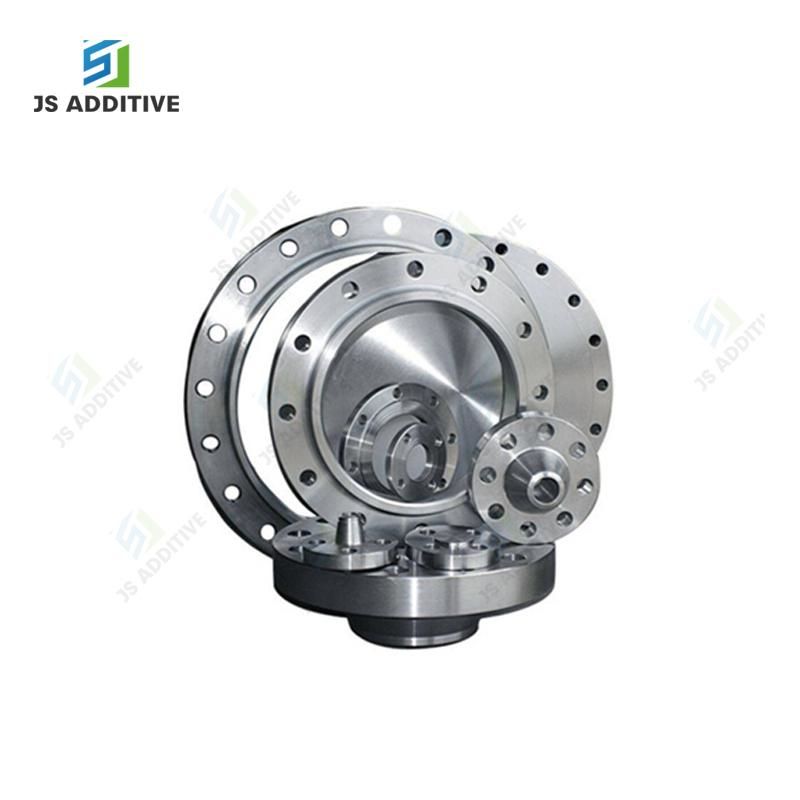JSADD 3D is a rapid prototyping service provider providing users with CNC Machining services. The commonly used metal materials for CNC machining are described below.
CNC processing normally refers to computer digital control precision machining, CNC machining lathes, CNC machining milling machines, CNC machining boring and milling machines, etc.
In addition to offering users with 3D printing services, we can also offer laser cutting, silicone mold, as well as CNC processing and other services, including the main metal materials CNC processing are as follows:
1. Aluminum Alloy 6061
6061 aluminum alloy is a high-quality aluminum alloy product produced by heat treatment and predrawing process. Although its intensity cannot be compared with 2XXX series or 7XXX series, it has more magnesium and silicon alloy speciality.
-Material Advantages:
It has excellent machining performance, excellent welding speciality and electroplating properties, good corrosion resistance, high toughness and no deformation after processing, dense material without defects and easy polishing, easy color film, excellent oxidation effect and other good speciality.
2. 7075 aluminum alloy
7075 aluminum alloy is a cold treatment forging alloy, high intensity, far better than mild steel. 7075 is one of the strongest alloys commercially available.
-Material Advantages:
General corrosion resistance, excellent mechanical properties and anode reaction. The extenuate grain makes the deep drilling performance better, the instrument wear resistance is enhanced, and the thread rolling is more distinctive.
3. Red copper
Pure copper (also known as red copper) is a ductile metal with an excellent electrical conductivity and a rosy red surface. It is not pure copper, but contains 99.9% copper, with some other elements added to perfect the surface and performance.
-Material Advantages:
It has excellent electrical and thermal conductivity, ductility, deep drawing and corrosion resistance.
Copper conductivity and thermal conductivity second only to silver, widely used in the production of conductive and thermal material. Copper in the atmosphere, seawater and some non-oxidizing acids (hydrochloric acid, dilute sulfuric acid), alkali, salt solution and a variety of organic acids (acetic acid, citric acid) have excellent corrosion resistance, used in the chemical industry.
Has excellent weldability, can be cold, thermoplastic processing into a variety of semi-finished products and finished products. In the 1970s, the output of red copper exceeded the total output of all other copper alloys.
4. Brass
Brass is an alloy of copper and zinc. Brass composed of copper and zinc is called common brass.
-Material Advantages:
It has high intensity, high hardness and strong resistance to chemical corrosion. The mechanical capacity of machining are also prominent.
Brass has strong wear resistance. Special brass, also called special brass, has high intensity, high hardness and strong chemical corrosion resistance. The mechanical capacity of machining is also prominent. The seamless copper tube made of brass is soft and wear-resistant.
5. 45 Steel
45 steel is the name in GB, also called “oil steel”, the steel has higher intensity and better machinability.
-Material Advantages:
With high intensity and excellent machinability, after proper heat treatment can acquire a certain toughness, plasticity and wear resistance, convenient material source, suitable for hydrogen welding and argon arc welding.
6. Introduction of 40Cr Steel
40Cr is our GB standard steel number. 40Cr steel is one of the most widely used steels in machinery manufacturing industry.
-Material Advantages:
It has excellent comprehensive mechanical properties, excellent low temperature impact toughness and low notch sensitivity. Steel hardenability is excellent, this steel in addition to tempering treatment is also suitable for cyanidation and high-frequency quenching treatment. Excellent cutting performance.
7. Q235 Steel Introduction
Q235 steel is a carbon structural steel, whose steel number Q stands for yield intensity. Normally, the steel is used without heat treatment.
-Material Advantages:
The yield value will decrease with the increase of the thickness of the texture. Due to the moderate carbon content, the comprehensive performance is better, the intensity, plasticity and welding properties are better matched, and the most widely used.
8. SUS304 steel
SUS304 refers to 304 stainless steels, with good processing property, high toughness specialty, stainless steel 303 can also be processed
-Material Advantages:
Has excellent corrosion resistance, heat resistance, corrosion resistance, low temperature intensity and mechanical performance, stamping bending and other hot processing excellent, no heat treatment hardening phenomenon, no magnetism.
Contributor: Vivien







